

Free Design Logo Auto Spray Tanning Sunless Tanning Spray Fake Tan Spray Mousse

Luxury design cosmetic gift fake eyelash boxes custom logo packaging fake eyelashes box packaging cosmetic eyelash packaging box





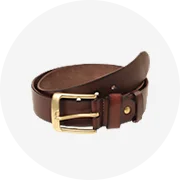

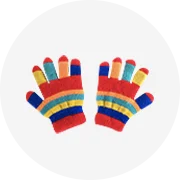
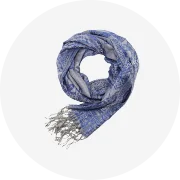
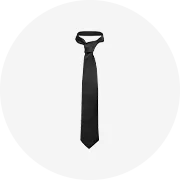

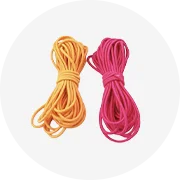


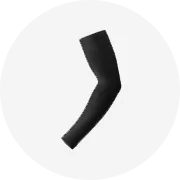






The realm of fashion is often distinguished by the labels it flaunts, and fake designer labels have become a ubiquitous part of this landscape. These labels, which mimic the branding of high-end designers, serve various purposes in the apparel industry. This introduction delves into the intricacies of these labels, shedding light on their types, applications, and the materials commonly used in their creation.
Fake designer labels come in an array of forms, each serving a specific function within the garment industry. From custom clothing tags to printed hang tags, these labels are not just about mimicking luxury but also about providing necessary information. They might display product numbers, care instructions, or sizes, aiding in the organization and sale of apparel. While these labels are often associated with the notion of counterfeiting, they also play a role in the broader market, where they are used for various legitimate purposes such as props in fashion education or as placeholders in the design process.
The construction of fake designer labels involves a variety of materials, each selected for its texture, durability, and printability. Materials range from woven fabrics to synthetic fibers, ensuring that the labels can withstand regular wear and laundering. The design of these labels is carefully crafted to mirror authentic tags, with attention to color, shape, and typography to meet the expectations of their specific use cases.
While the use of fake designer labels is often contested, they do offer certain advantages. For businesses, these labels can be a cost-effective solution for branding before investing in authentic, high-cost branding materials. They also serve as a tool for consumer education, helping buyers understand the visual cues of different brand identities. Furthermore, in the realm of design and retail, these labels can facilitate the categorization and sorting of merchandise, streamlining the shopping experience.
Customization is a key aspect of fake designer labels, allowing for the adaptation of labels to fit the branding needs of various businesses. While they are not genuine brand labels, they can be tailored to reflect specific branding elements, which can be instrumental in increasing brand recognition. In the fashion industry, where branding is paramount, these labels can be a placeholder for emerging brands developing their unique identity.
Selecting the appropriate fake designer labels is crucial, as they play a significant role in the presentation and perception of garments. Suppliers and designers must consider the label's material, design, and intended application to ensure it aligns with their objectives. Alibaba.com serves as a marketplace to connect with a diverse range of suppliers offering customizable labels that can meet various business needs without implying authenticity.